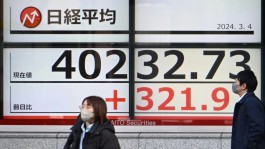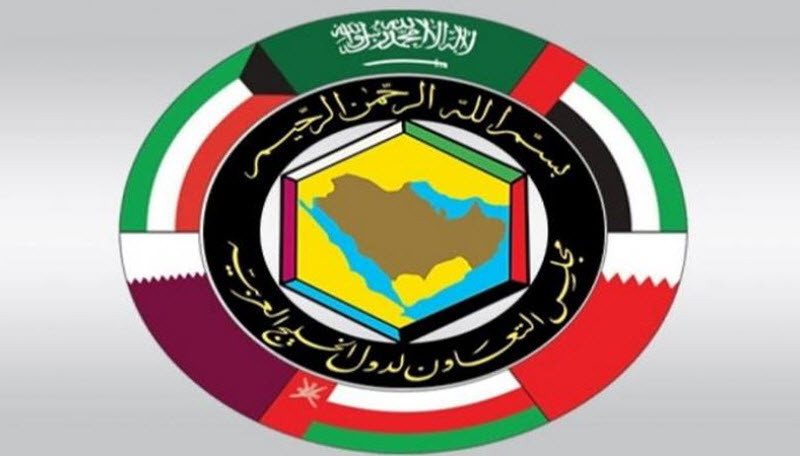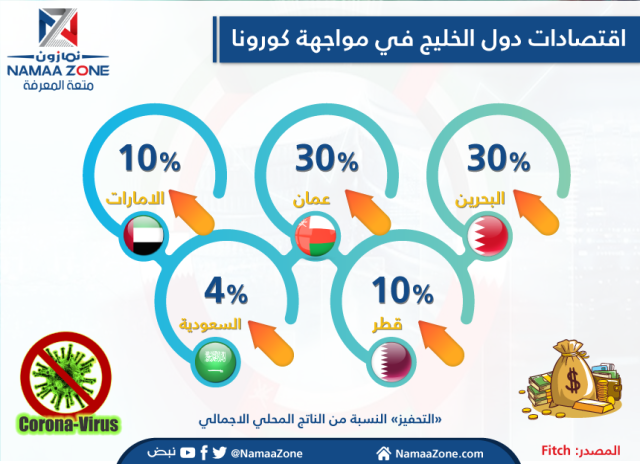An official at the International Monetary Fund expected that the countries of the Gulf Cooperation Council will witness a 7.6% contraction in their economy.
According to Reuters, the IMF had previous forecasts of nearly 3% in April.
The six countries of the Gulf Cooperation Council face a sharp economic downturn as low oil and gas prices, which are their main source of revenue, exacerbate the slowdown in commercial activity due to the Corona virus pandemic.
The International Monetary Fund said last week that the economy of Saudi Arabia, the largest in the Arab world, is facing a contraction of 6.8 percent this year, which is more severe than the 2.3 percent Projected by the Washington-based International Finance Corporation in April.
Jihad Azour, director of the Middle East and Central Asia Department at the International Monetary Fund, said on Tuesday to a virtual economic forum that the economies of the Gulf Cooperation Council countries are expected to shrink by 7.6 percent. The year is for deflation to take place in all sectors, whether oil or non-oil.
He added that oil-producing countries in other regions are more likely to experience a further economic downturn.
Bahrain’s Central Bank Governor Rashid Muhammad al-Maraj said at the forum that his country, which is one of the smallest Gulf producers, expects its economy to shrink in line with the expectations of the International Monetary Fund.
In April, the fund expected that Bahrain's economy would contract by 3.6 percent this year.
But the governor of the Saudi Arabian Monetary Agency (the central bank) Ahmed Al-Khulaifi said that the kingdom expects its economy to perform better than the expectations of the IMF.
He added, without mentioning figures, that the expectations of the International Monetary Fund are more pessimistic than the expectations of Saudi Arabia.
Al-Khulaifi said that the Saudi Arabian Monetary Agency encourages commercial banks to provide more loans to support companies during the period of decline and that the banking indicators are satisfied with the banks' coverage of loans in excess of 140 percent In the banking sector.
He said that in the worst-case scenario, non-performing loans will not exceed four percent of total loans this year.









































